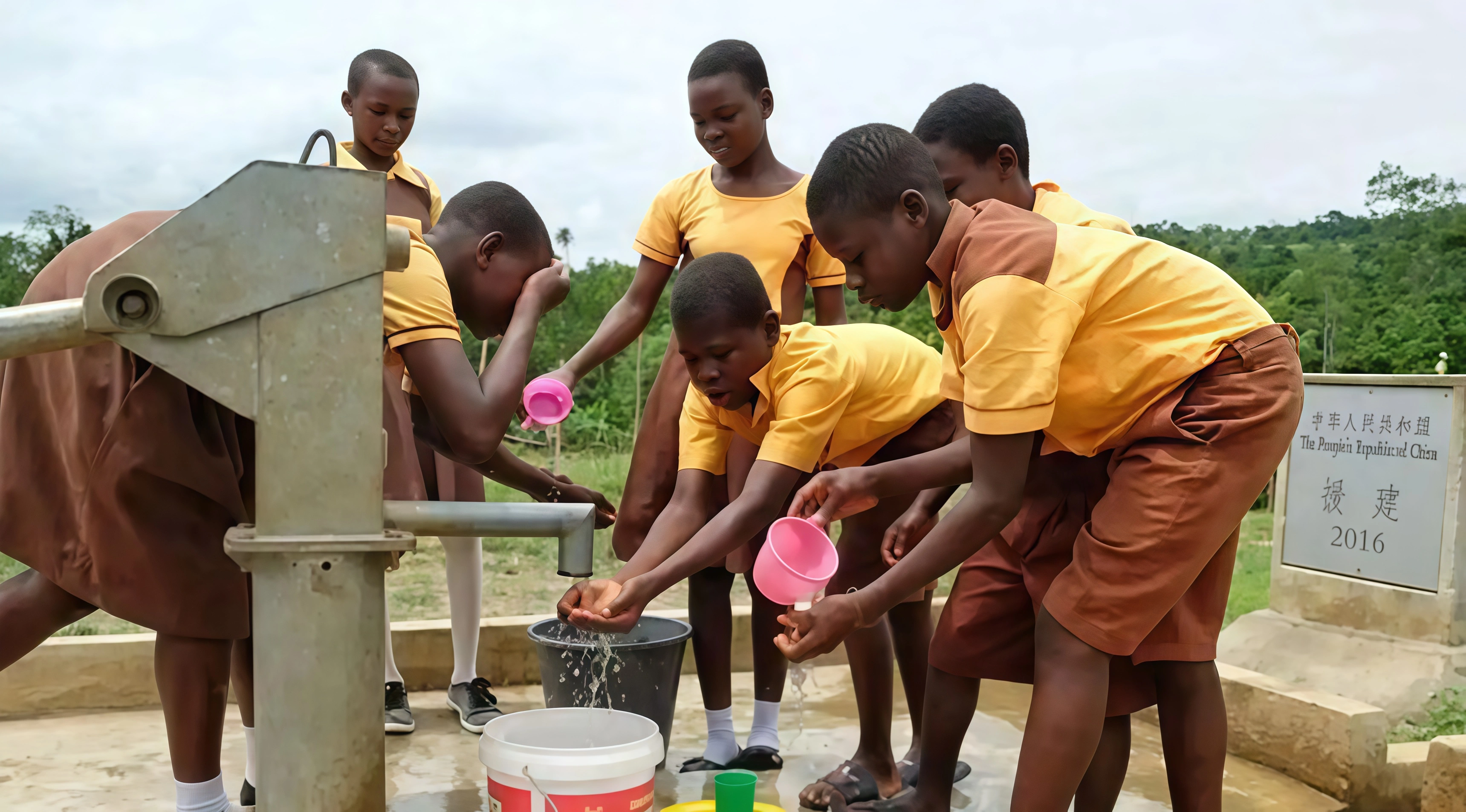Welcome to the official website of Foshan Hanhua Filter Co., Ltd!
+8618038878380
Details
Spotlight on urban water scarcity
The report notes that global water use has been growing at about 1 per cent per year for the past 40 years, and is expected to continue to grow at a similar rate until 2050, driven by a combination of population growth, socio-economic development and changing consumption patterns. Much of this growth will be concentrated in low- and middle-income countries, particularly in emerging economies.
Today, globally,2 billion people (about 26 per cent of the world's population) do not have access to safe drinking water and 3.6 billion people lack access to properly managed sanitation. Between 2-3 billion people experience water scarcity for at least one month of the year, which poses serious risks to their livelihoods, especially food security and access to electricity.
The report expects the global urban population facing water scarcity to double from 930 million in 2016 to 1.7-2.4 billion in 2050.
Houngbo, Chair of UN-Water and Director-General of the International Labour Organization, said, We have a large mandate but limited time. This report demonstrates our ambition, and we must now unite to accelerate the pace of action. It is time to make a difference.
International cooperation: the key to water for all
The report notes that almost all water-related interventions involve some kind of cooperation. Crop cultivation requires the sharing of irrigation systems between farmers; safe and economical water supply in urban and rural areas depends on the co-management of water and sanitation systems; and cooperation between these urban and rural communities is essential to maintain food security and safeguard farmers' incomes.
International cooperation: the key to water for all
The report notes that almost all water-related interventions involve some kind of cooperation. Crop cultivation requires the sharing of irrigation systems between farmers; safe and economical water supply in urban and rural areas depends on the co-management of water and sanitation systems; and cooperation between these urban and rural communities is essential to maintain food security and safeguard farmers' incomes.
The management of transboundary rivers and aquifers is even more complex. While cooperation on transboundary basins and aquifers has been shown to bring many benefits beyond water security, such as increased diplomatic channels, only six of the world's 468 transboundary aquifers have formal cooperation agreements.
We urgently need strong international mechanisms to prevent the global water crisis from spiralling out of control," said UNESCO Director-General Azoulay. Water is our common future and we must act together to share it equitably and manage it sustainably."
On the occasion of World Water Day, the United Nations is calling for greater international co-operation on issues related to how water resources are used and managed. This is the only way to prevent a global water crisis in the coming decades.
Partnerships and people's participation increase benefits
The report highlighted in particular the importance of environmental services (e.g. pollution control, biodiversity conservation), data and information sharing and co-financing.
The Monterrey Water Fund in Mexico, launched in 2013, has protected water quality, reduced flooding, improved infiltration and restored natural habitats through co-financing. Similar approaches have been successful in sub-Saharan Africa, including the Tana-Nairobi River Basin - which supplies 95 per cent of Nairobi's freshwater and 50 per cent of Kenya's electricity. These examples demonstrate the global potential of such partnerships.
The report notes that inclusive approaches that involve a wide range of stakeholders also promote a sense of participation and ownership. Involving end-users in the planning and implementation of water systems creates services that are more relevant to the needs and resources of poor communities and increases public acceptance and initiative. It also increases accountability and transparency.
For example, in a settlement for displaced persons in the Gedo region of Somalia, residents elected a water affairs committee to operate and maintain water points that safeguard the needs of tens of thousands of people. Members of the committees share and manage water resources in collaboration with local community water authorities.
Integration is only possible if we can work together
The report concludes by stressing that the challenges of securing water, food and energy security through sustainable water resources management, providing access to clean drinking water and sanitation services for all, supporting human health and livelihoods, mitigating the impacts of climate change and extreme events, and sustaining and restoring ecosystems and the valuable services they provide are enormous and complex.
They can only be reconciled through collective efforts and synergies. All parties will be able to fulfil their roles.
Keywords:
Next
Next









